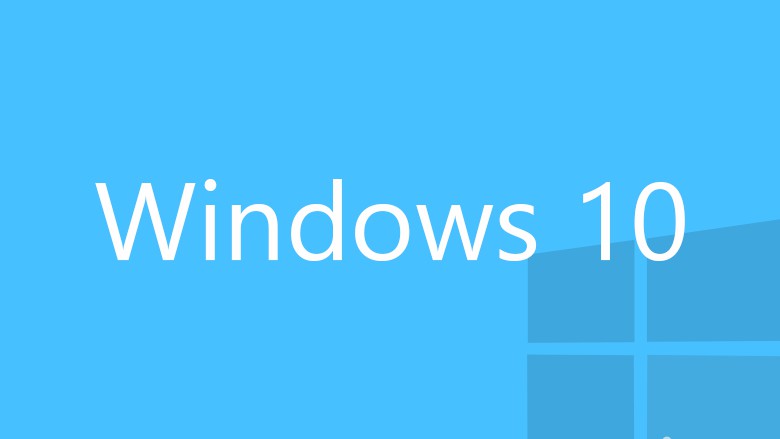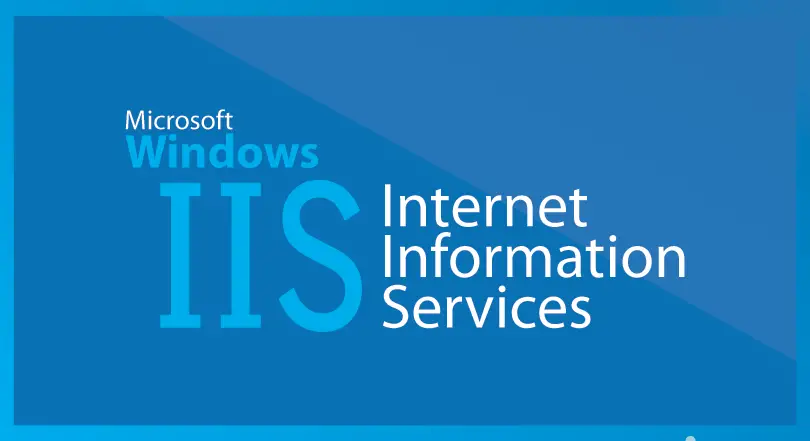In this post we will try to give some advice to solve a classic problem that can occur as a result of trying to access a network resource on a Windows or Windows Server system.
The problem manifests itself with the following error message, which is displayed when trying to access any network resource (e.g. \SERVER\SHARE\ ):
\\SERVER\SHARE\ is not accessible. You might not have permission to use this network resource. Contact the administrator of this server to find out if you have access permissions.
The first thing to do in these cases is to verify that the account is not actually locked out: to do this, it is advisable to connect to the domain controller and unlock the account in question using Control Panel > Administrative Tools > Active Directory Users and Computers.
If the account is not locked out but the error continues to appear, the problem is almost always related to a previous login attempt made with incorrect credentials, or to the recent change of the login password for the user in question: in both cases , the PC has stored the wrong credentials in its internal cache and therefore cannot perform the authentication necessary to access the requested resource, without however allowing the user to enter the new credentials. If that's the case, here are three methods that you might want to try to fix your problem for good.
Solution #1
The first attempt we can try to fix the problem is performing the following steps:
- Open a command prompt with administrative priviledges.
- Type the following command: net use \\server\ipc$ /user:DOMAIN\USERNAME
Replace SERVER with the name (or IP address) of the server or PC hosting the network resource to be accessed, DOMAIN with the domain name and USERNAME with the username that you want to use to perform the access.
After executing the above command, the console should give a "command executed successfully" message: once done, it should be possible to try again to access the shared resource: the PC should request the credentials again, allowing you to enter the updated password and solve the problem for good.
Solution #2
If the above method fails to work, we recommend that you try running the following two commands from an elevated command prompt:
- net use \\SERVER\SHARE /delete
- klist purge
Again, replace SERVER with the name (or IP address) of the server or PC hosting the network resource to be accessed, and SHARE with the resource in question.
Solution #3
In the event that even the above method does not work out, here is a last attempt you can try:
- net use \\SERVER\SHARE /d
- net use \\SERVER\IPC$ /d
Always taking care to replace SERVER and SHARE with the names and / or IP addresses of your resources.
Conclusion
That's it for now: we hope these workarounds can help you solve this annoying authentication problem that doesn't allow access to your system's network resources. See you next time!



